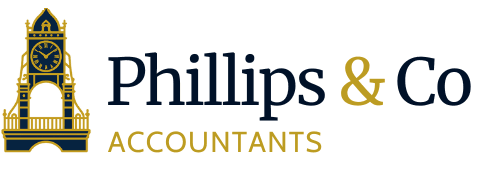Sole Trader Expenses Guide – Chester
Master your business expenses and maximise your tax savings.
Our Chester accountants reveal exactly what you can claim—office, travel, home working, and more. Stay HMRC compliant and keep more of your hard-earned income.
A Breakdown of Common Allowable Expenses for Sole Traders
Knowing which business expenses you can claim helps you submit an accurate Self-Assessment and reduce your tax bill. Our Self-Assessment services can ensure you claim all the expenses you’re entitled to. Here’s a guide from our Chester accountants to the main allowable expenses for sole traders and self-employed businesses:
1. Office, Premises & Equipment
Business Premises: Rent, business rates, utilities, and property insurance for your workspace.
Working from Home: Claim either HMRC’s simplified flat rate or a share of actual home bills (internet, utilities, council tax) based on business use.
Office Supplies: Stationery, postage, printer ink, and software subscriptions.
Technology & Equipment: Computers, software, phones, and business-essential equipment.
2. Travel & Accommodation
Vehicle Expenses: Choose either the mileage allowance (45p/mile for first 10,000 miles) or claim actual running costs (fuel, insurance, repairs).
Business Travel: Costs for trains, buses, planes, and taxis for business trips.
Accommodation: Hotels and necessary meal costs for overnight business stays.
3. Staff & Training
Staff Costs: Salaries, employer’s National Insurance, and staff benefits.
Training & Development: Costs for work-related courses and professional development.
4. Marketing & Professional Fees
Marketing & Advertising: Online ads, print marketing, website costs, and promotional spend.
Professional Fees: Accountant, solicitor, or advisor fees for business services.
5. Business Overheads & Subscriptions
Stock & Materials: Goods you sell or raw materials you use.
Business Insurance: Premiums for policies (public liability, professional indemnity, etc.).
Subscriptions: Memberships for professional bodies or trade publications.
This guide is part of a larger series; read our guide on navigating finances as a sole trader.
